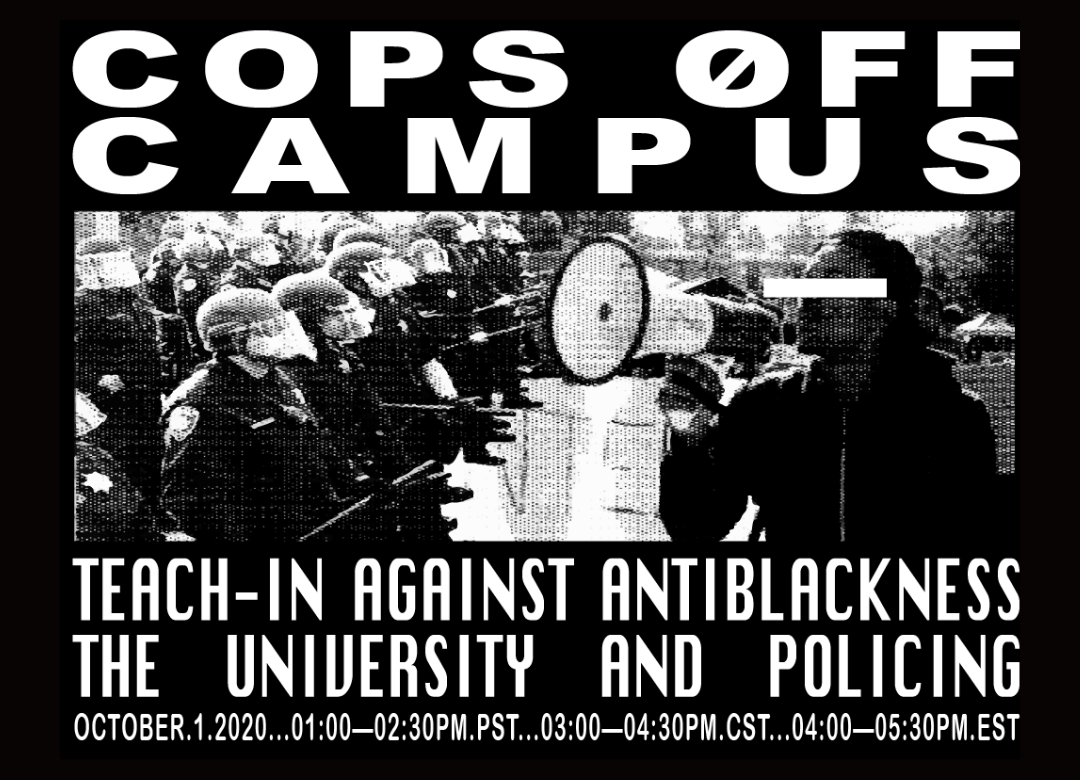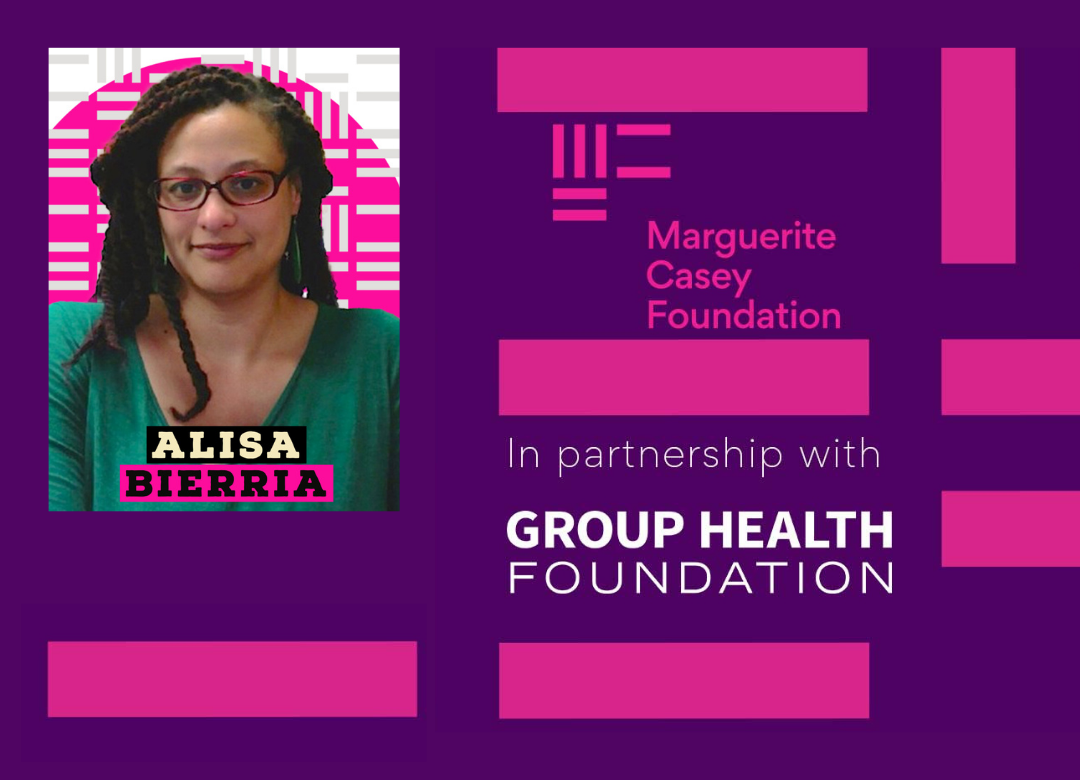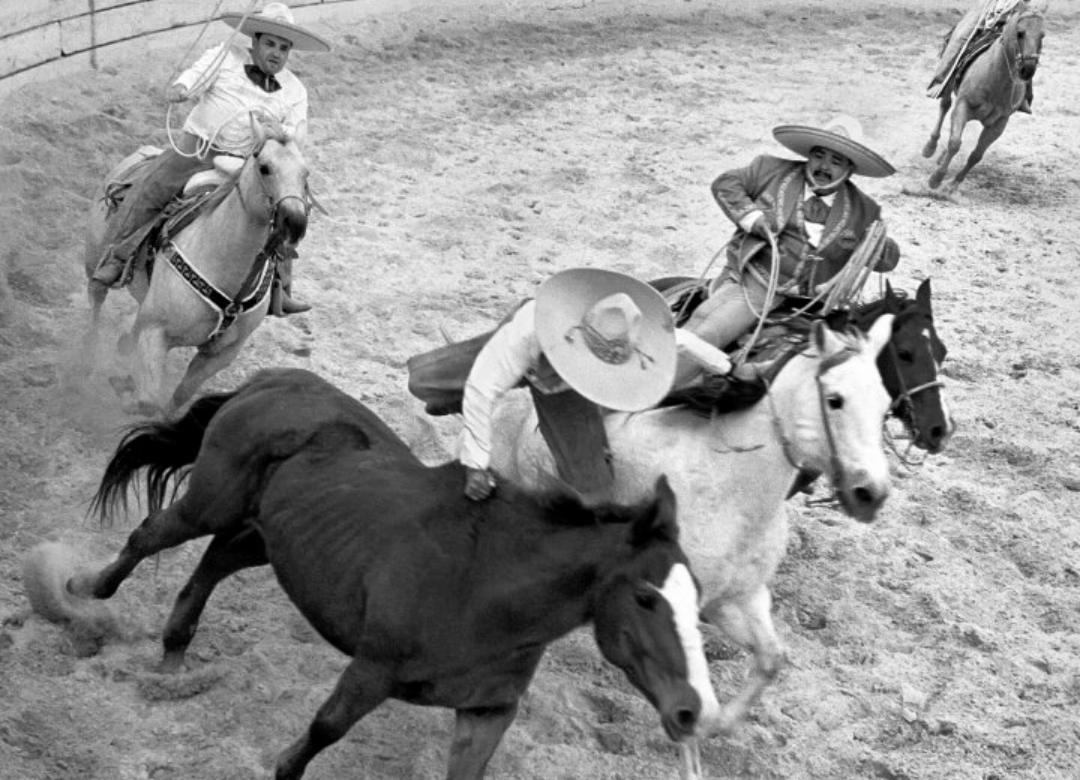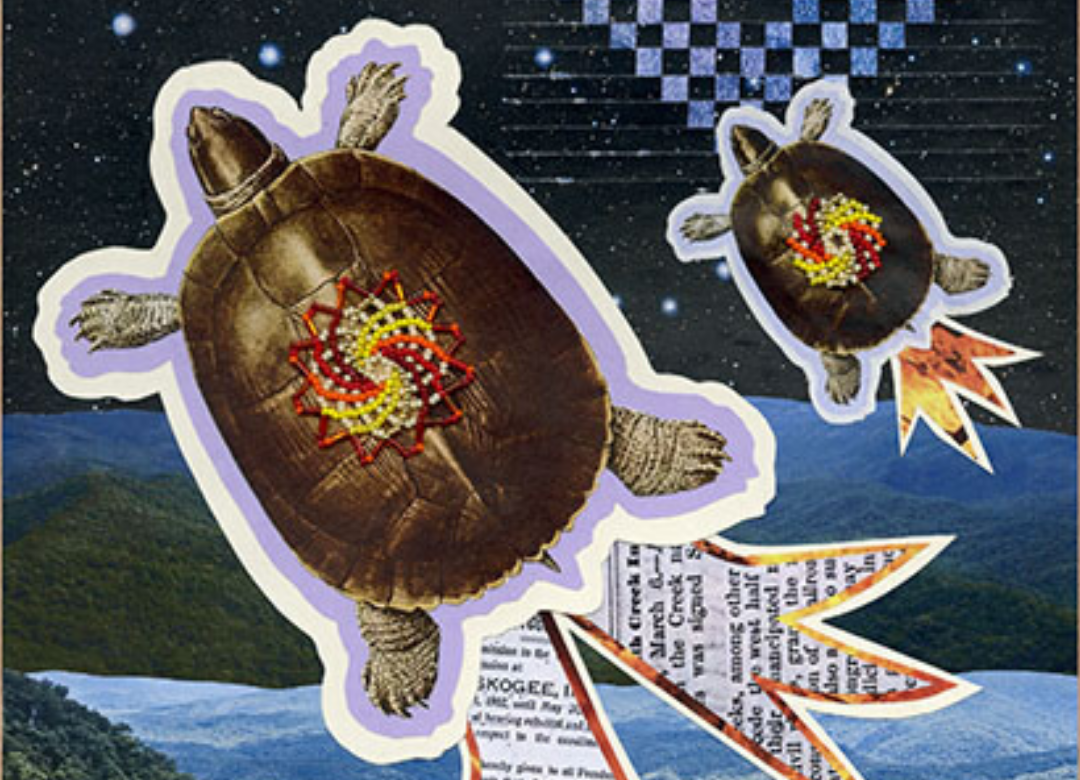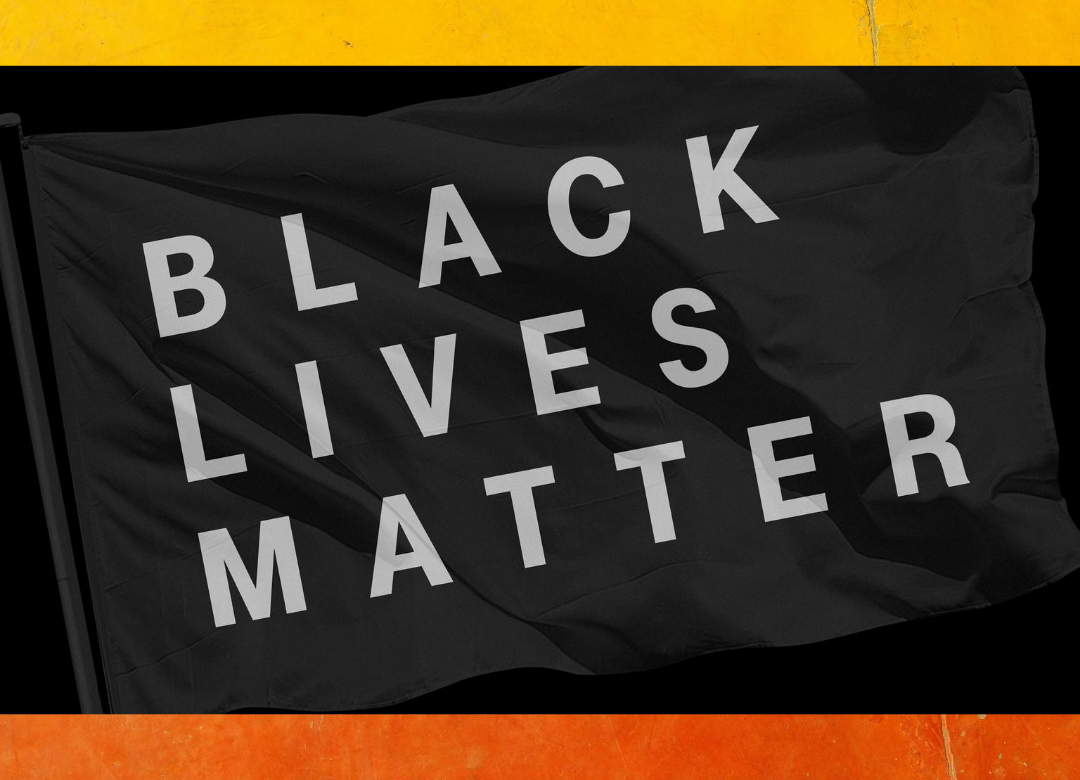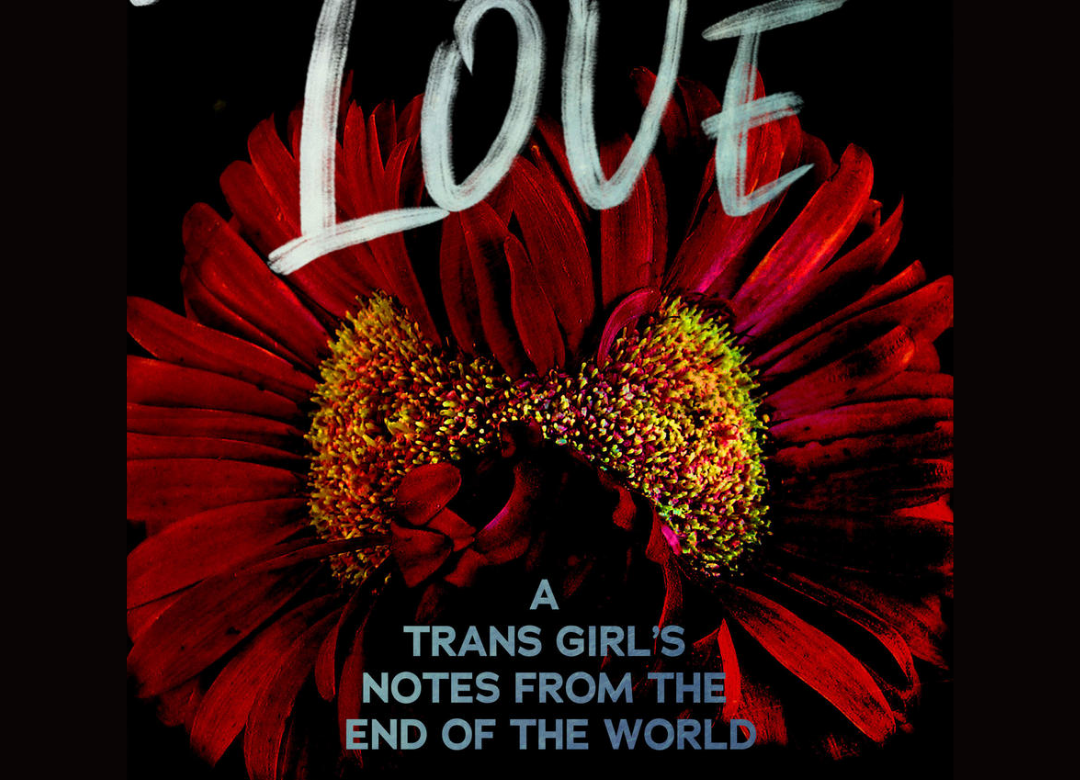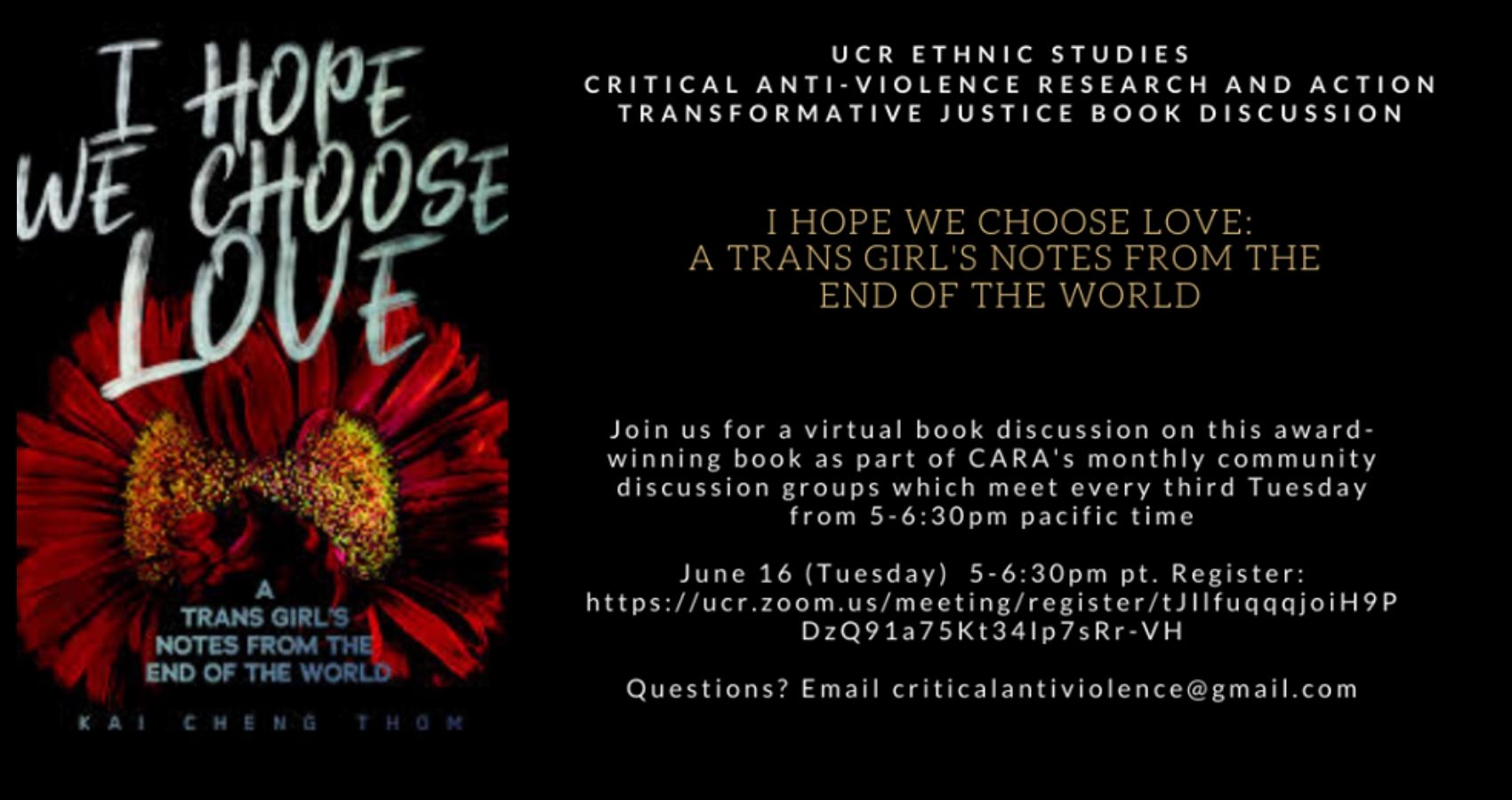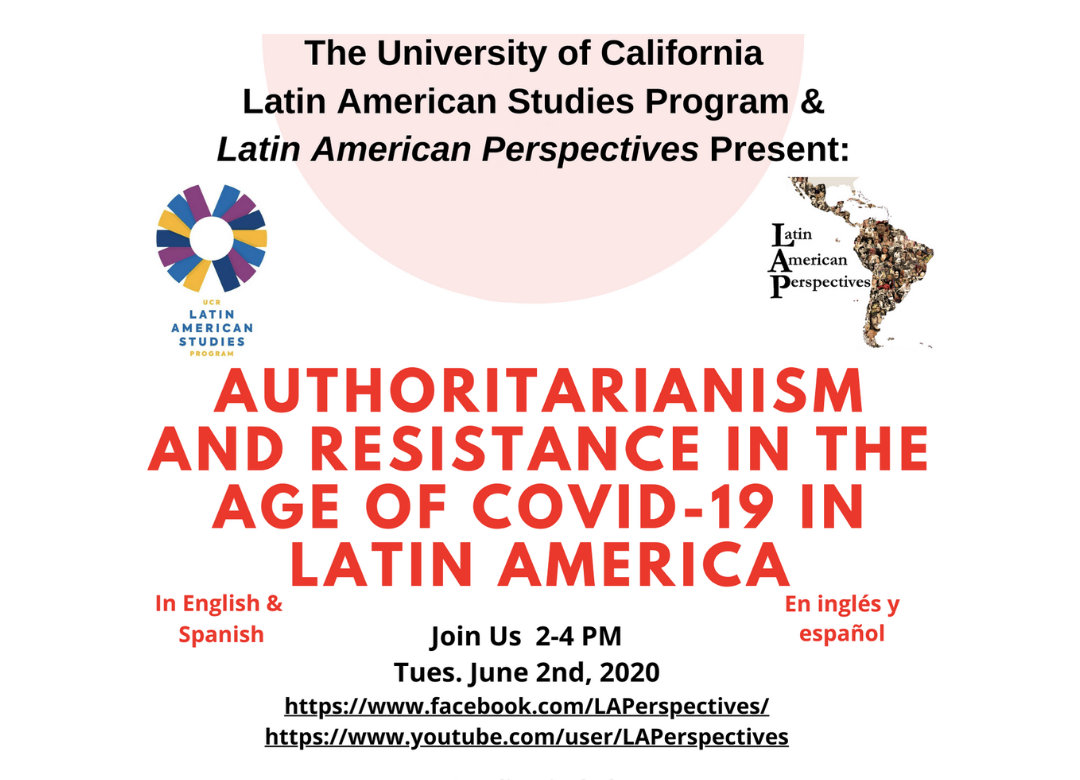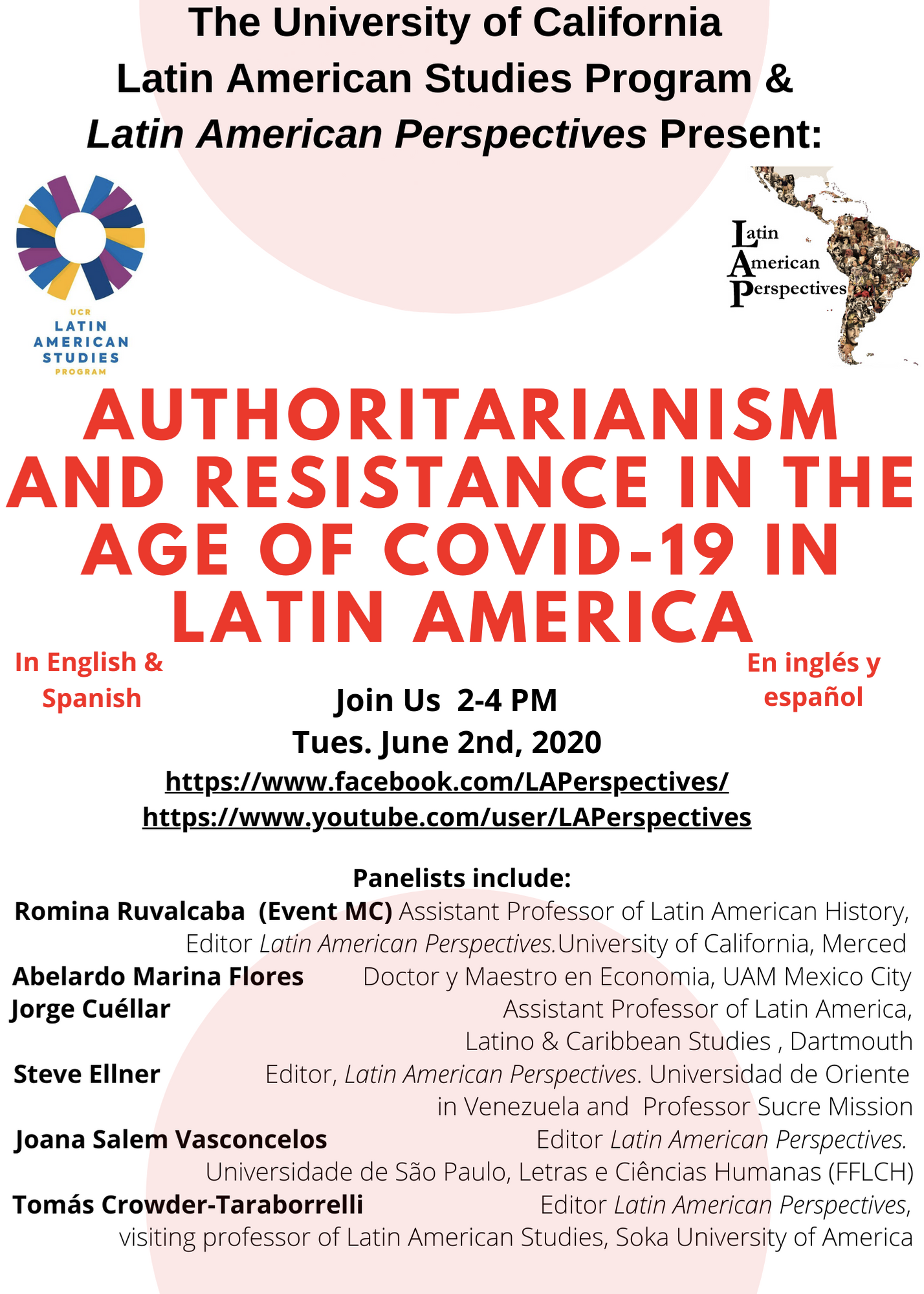October 1, 2020 ~ Day of Action/Strike/Teach-in for Police Abolition
Faculty, instructors, students and staff, please consider striking and joining these teach-ins in solidarity with the larger statewide call to take action to protest antiblack police violence.
ABOLITION & THE UNIVERSITY: TEACH-IN SERIES
~ organized by the Abolitionist Educators Network of Critical Resistance
Antiblackness, the University and Policing — October 1, 2020
1-2:30pm (PST) | 3-4:30pm (CST) | 4-6:00pm (EST)
- Moderator: Dylan Rodriguez (UC Riverside)
- Lester Spence (Johns Hopkins University)
- Cathy Cohen (University of Chicago)
- João Costa Vargas (UC Riverside)
- Savannah Shange (UC Santa Cruz)This first teach-in addresses how the university has historically functioned to reproduce and sanction antiblackness and policing. This panel of scholar-activists discusses how antiblackness has been foundational to the structure, organization and policies of the university and has operated to police bodies, disciplines, knowledges, movements and activism, often under the cover of rhetorics that promote liberal multicultural inclusion and diversity.
Eventbrite: ucrcopsoffcampus.eventbrite.
About the Abolition & the University Teach-in Series
The unprecedented protests and grassroots organizing against antiblack police and white vigilante violence has generated demands to end systemic racism endemic across US political, economic, legal, cultural and educational institutions. This series aims to expand an understanding of abolition and its ongoing practices and potential to radically transform college campuses and universities as sites of struggle. This three-part teach-in series aims to support, deepen and proliferate abolitionist organizing on post-secondary educational campuses. While we don’t have all the answers, we call on students, faculty, staff and organizers who are engaging abolition at the site of the university and beyond to join us in this discussion.
Campus after Cops: Building Abolitionist Communities
–October 15: 1-2:30pm (PST) | 3-4:30pm (CST) | 4-6:00pm (EST)
The second teach-in addresses what we mean by genuine campus safety for all and why we demand cops off campus. Participants will elaborate how we can implement and build models of security and care that meet the basic needs of our communities and educate and organize to prevent harm and violence before it happens. This webinar will introduce transformative justice (TJ) practices and how we can invest the resources of the university to begin to repair past harms and build learning communities that hold people accountable rather than punish, penalize and disavow the root problems inherent to the hierarchical and colonial culture of the university.
Abolitionist University: Education for Liberation?
–November 12: 1-2:30pm (PST) | 3-4:30pm (CST) | 4-6:00pm (EST)
The third teach-in elaborates our collective vision of an abolitionist university. In a settler-colonial society, how can we establish an abolitionist university and how would its purpose be radically different from how the neoliberal university functions to reproduce a carceral society, racial capitalism and US imperial hegemony? How can we take collective action to transform the university into a gathering place for decolonization and collective liberation?
Co-sponsored by Scholars for Social Justice, American Studies Association, Riverside Faculty Association and the UCFTP collective
We will have simultaneous ASL/captioning and the sessions will be recorded and captions fixed and uploaded to the ASA Freedom Course YouTube Channel
~~~~~~~~~~~~~~~

